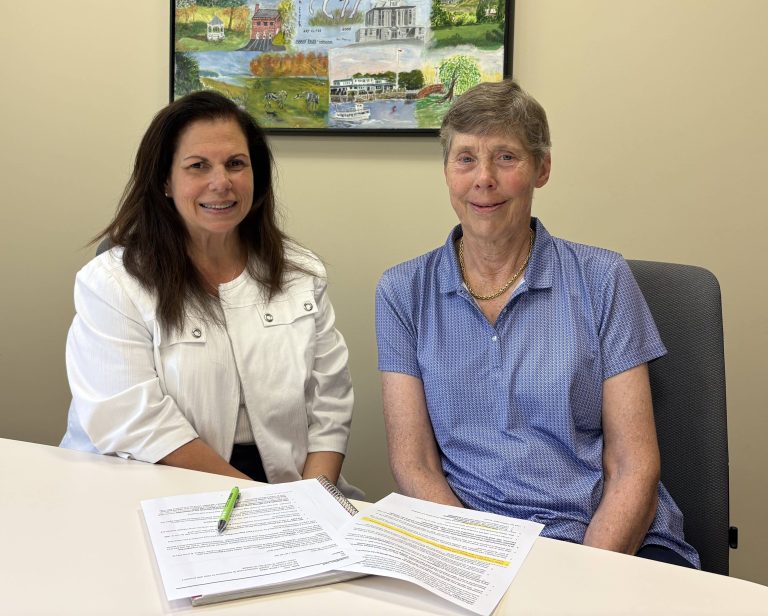By Maria Scaros
So sad. Do you think it has to do with all those crazy stunts? He looks okay. Speech therapy is all he needs. The man is exhausted. So, who doesn’t have mood changes? What do you mean he can’t communicate? Just ask him for an autograph. Really? Let’s speak frankly about Mr. Willis.
Bruce Willis has been diagnosed with frontotemporal degeneration (FTD) which is a type of dementia.
Unlike Alzheimer’s disease, the risk factor does not increase with age. The onset is between 45-65 years of age, but like Alzheimer’s, we do not know the cause or have a cure.
Though there is no way to truly understand the experience of someone with FTD, we can see how it affects their life and the lives of those who care for them. The actor is most probably having difficulty communicating with words as his vocabulary is disappearing. His ability to use words to express ideas or phrases to express his needs is evaporating. He also is having difficulty understanding language. With this, he becomes frustrated and angry as he may be aware of his limitations. The reason for these devastating transformations has everything to do with the part of the brain that is affected.
Language, motor skills, and behaviors live in the frontal temporal areas of our brain. Walking, balance, and language as regards to speaking and understanding are managed in this part of our brain. We also learn to “behave” by learning social and cultural norms. As this area of the brain degenerates, those abilities are severely compromised. Besides living with this disease, watching the transformation of a loved one, is devastating. Another tragedy is that friends and family often distance themselves. Thankfully the Willis family is an exception. For most others, this isolates those who need support and comfort.
There are ways to communicate. There are ways to find joy. There are ways to develop new relationships and restore old ones. The Alzheimer’s Association and local experts can help. Music, movement, exercise, making art, walking, and exploring the outdoors can all be salves for healing. FTD is sad, but there is always room for acceptance and love.
We need to thank Bruce and the entire Willis family for coming forward and bringing light to a dark disease. There is no stigma and there is no shame. Bruce, you will always be the guy in my “Moonlight.”
Maria Scaros, Executive Director, The Greens at Greenwich, an assisted living community for people with memory impairment with an emphasis on the creative arts therapies. If you are dealing with the challenges of memory impairment of a loved one, you may contact Maria at 203.531.5500 or email: mscaros@thegreensatgreenwich.com.




